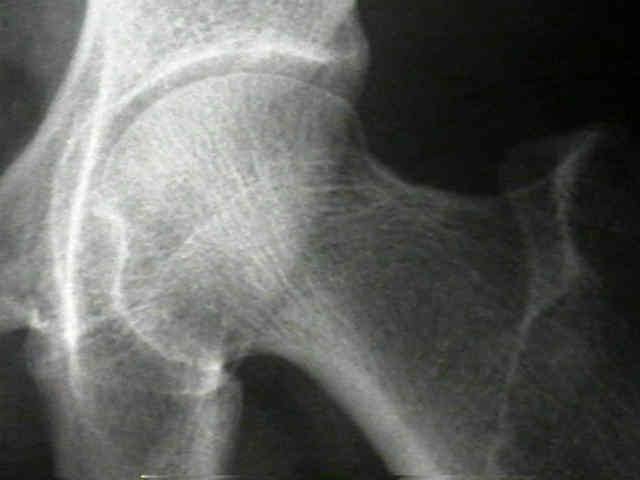 Researchers at the American Society for Bone and Mineral Research 30th Annual Meeting reported that taking vitamin C supplements might reduce the risk for hip and nonvertebral fracture.
Researchers at the American Society for Bone and Mineral Research 30th Annual Meeting reported that taking vitamin C supplements might reduce the risk for hip and nonvertebral fracture.
First, the details.
- The researchers looked for a correlation between total, dietary, and supplemental vitamin C, and the risk of hip and nonvertebral fracture among 958 individuals participating in the Framingham Osteoporosis Study.
- Participants began completing food frequency questionnaires between 1988 and 1989.
- They were followed for hip fracture until 2005 and for nonvertebral fracture until 2003.
And, the results.
- 100 participants experienced a hip fracture and 180 had a nonvertebral fracture during the study.
- After adjusting for potential confounding factors, those with the lowest total and supplemental vitamin C intake experienced significantly more hip and nonvertebral fractures than those with the highest total and supplemental vitamin C intake.
- Total vitamin C intake ranged from 97 mg/day to 305 mg/day.
- The association was not seen when dietary vitamin C intake alone was evaluated.
The bottom line?
There’s some support for these findings in a 2007 study of rats where supplementary vitamin C improved the mechanical resistance to fracture.
However a 2006 study of smokers concluded that vitamin C had no effect on fracture risk.
So, should all people take vitamin C supplements, and should doctors measure vitamin C blood levels?
9/19/08 20:36 JR